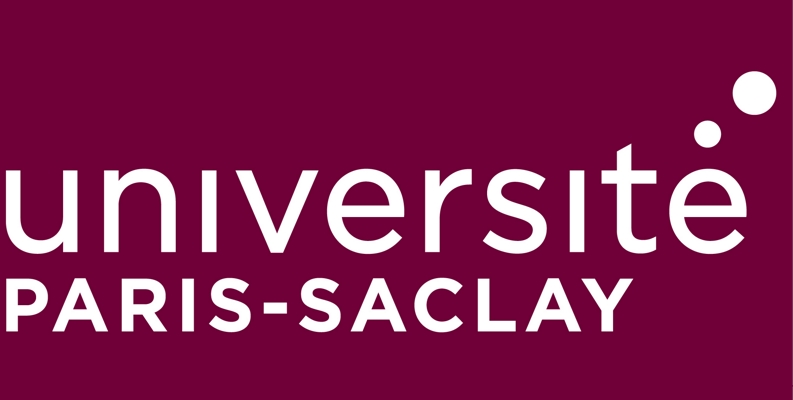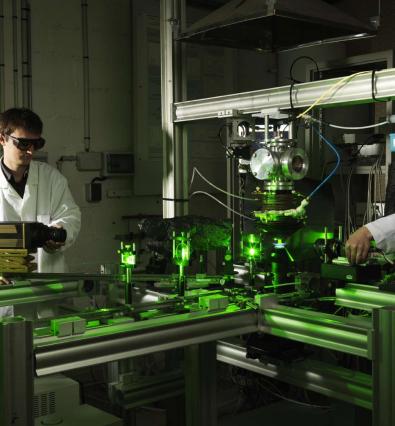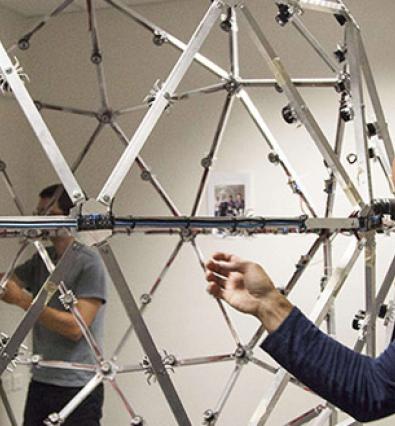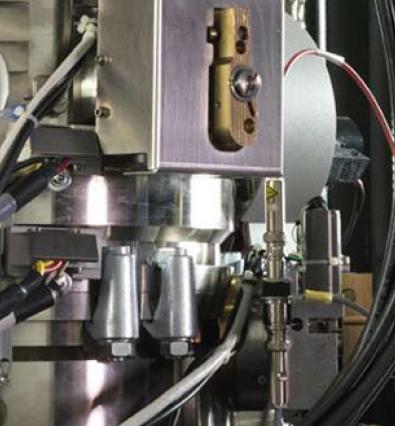Artificial intelligence applied to fraud detection in payments and trading
Lusis is the publisher of TANGO, a high-performance transactional platform for payment systems and market finance. Based on this platform, Lusis creates complete payment systems, including fraud detection, as well as extremely rich and complex "front to back" trading platforms on which more than 5 billion dollars are traded every day, half of which is on Forex and the other half on Indices and Commodities. Lusis and CentraleSupélec have joined forces to create a research chair to strengthen their collaboration in the field of artificial intelligence applied to banking.
Launched in 2020, the Lusis - CentraleSupélec Artificial Intelligence Chair is developing two main research areas
- the detection of bank card payment fraud
- automated trading
- Chairholder: Fabrice Popineau of the Interdisciplinary Digital Sciences Laboratory
- Partners: Lusis and Credit Agricole


Artificial Intelligence Chair for the Simulation of Materials Shaping Processes
Created in 2023 with Transvalor, a French specialist in the simulation of materials shaping, the Artificial Intelligence Chair for the Simulation of Materials Shaping Processes aims to revolutionise the use of simulation tools in the decision-making process of manufacturing companies and to make Industry 4.0 and the digital twin an operational reality in their day-to-day operations. This could lead to reduced use of raw materials, energy savings and more innovative manufacturing processes.
The Chair aims to examine the full range of possibilities offered by artificial intelligence applied to digital simulation. Simulation calculations will become faster and easier to perform and understand thanks to Machine and Deep learning, bringing us closer to real-time calculation, a key factor in the digital twin.
Chair holder: Frédéric Magoulès, MICS laboratory
Chair co-holder: Emmanuel Vasquez, L2S laboratory
Partner: Transvalor

Bridgeable Chair
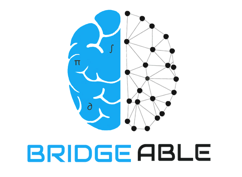
The Bridgeable chair is one of the 16 chairs selected by the ANR. Bridgeable, for BRIDinG thE gAp Between iterative proximaL methods and nEural networks, focuses on the links between neural networks and certain advanced optimization concepts and is held by Jean-Christophe Pesquet, director of the CentraleSupelec Computer Vision Center and head of the Inria OPIS team. It is funded to the tune of €1.3 million, divided between the ANR (€500,000) and the three partners of the chair: Schneider Electric, GE Healthcare, and IFPEN (€800,000).
This chair addresses two main issues: the explicability and reliability of AI-based neural networks. The application ambition is to lead to a new generation of techniques to meet challenges in three fields of application: 3D medical imaging, data analysis in energy and the environment, and non-linear multivariate modeling of electrical systems.
- Titleholder: J.C. Pesquet from CVN laboratory
- Partners: Schneider Electric, GE Healthcare, IFPEN




Chair of Biotechnology
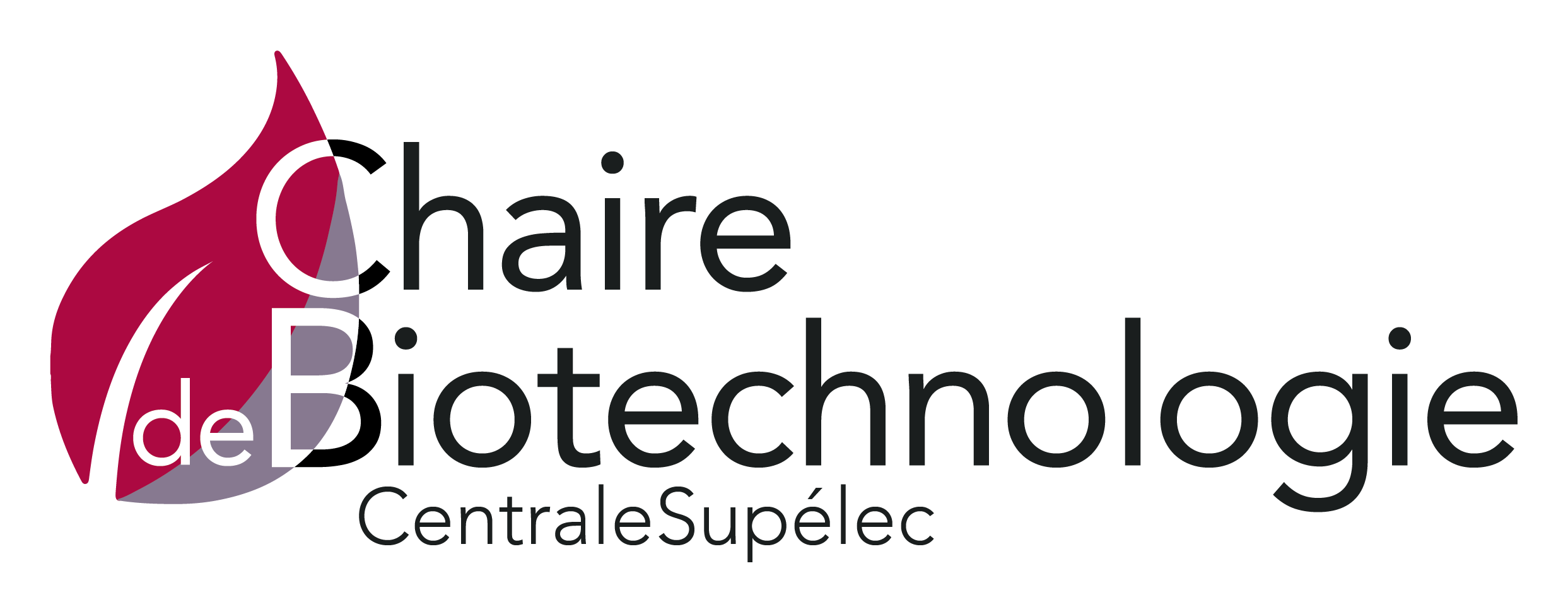
Renewed in 2020, CentraleSupélec's Biotechnology Chair is currently co-finaReenced by the Marne Department, Greater Reims, the Grand Est Region, and the European Union with the European Regional Development Fund FEDER Champagne Ardenne 2014-2020.
The Biotechnology Chair is based at the European Center for Biotechnology and Bioeconomy (CEBB), supported by these four authorities.
Backed by the Process and Materials Engineering Laboratory at Gif-sur-Yvette, the Chair ensures a close link between its parent institution, CentraleSupélec, and the region's economic and academic players, by putting its R&D expertise to work on innovative projects. CentraleSupélec, with its training of high-level general engineers, has strong expertise in Modeling applied to (bio)process engineering and (bio)materials. It is particularly active in three fields of application
- Characterization and conversion of lignocellulosics
- Bioprocessing
- Separative techniques.
In addition to experimental approaches, the three thematic axes of the Chair are based on a base of skills in Modeling, simulation & visualization, more particularly oriented towards the Modeling of living organisms and the transition to industrial scale.
Partners :
- Chairholder: Patrick PERRE from the LGPM laboratory
- Partners: Grand Reims, Marne department, Grand Est region, European Union

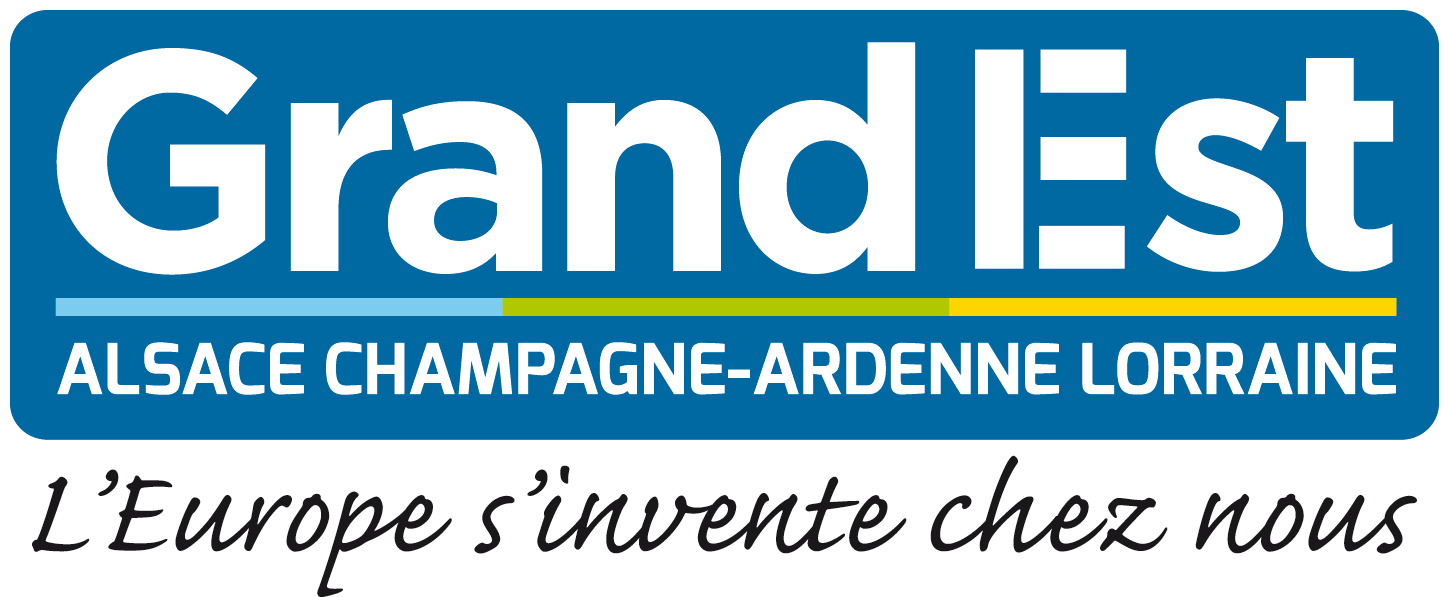
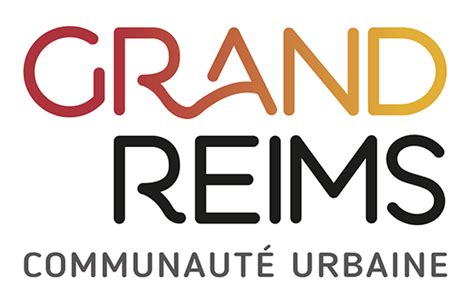
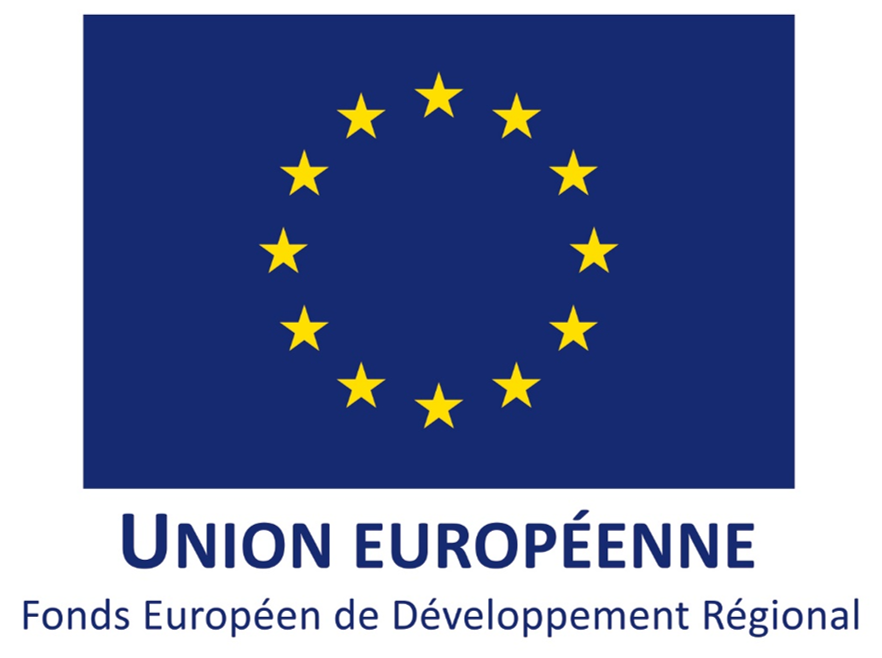
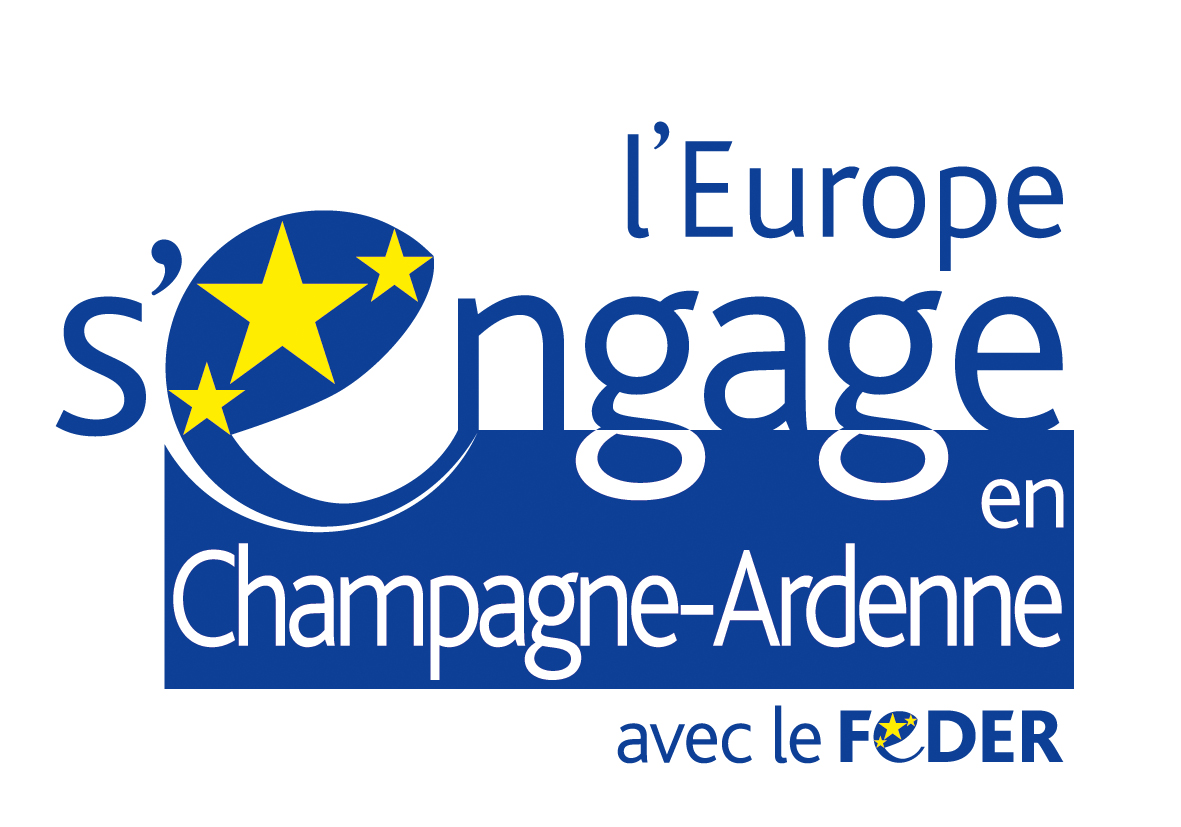
CircularIT Alliance
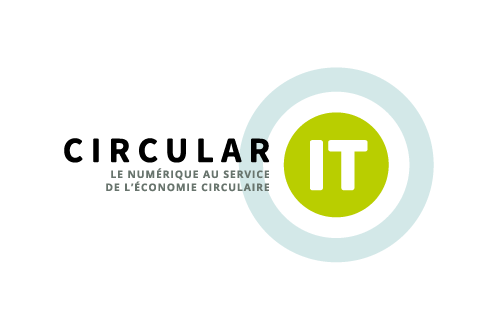
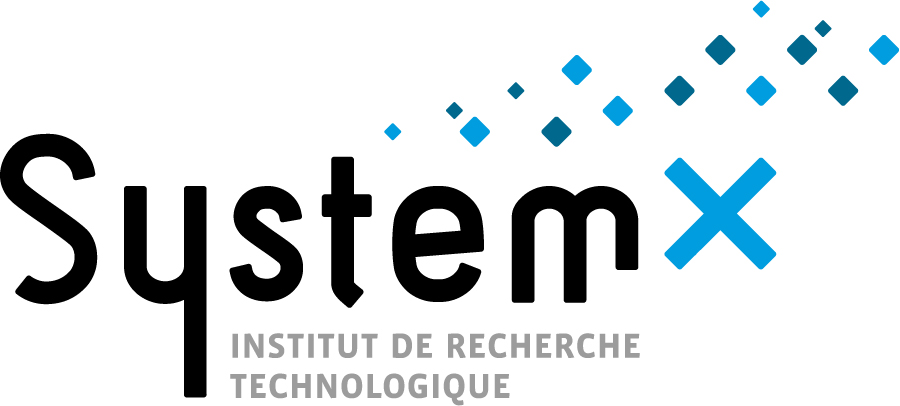
The CircularIT Alliance aims to harness the power of digital technology for the environment and sustainable development. With an initial duration of 5 years, this alliance aims to build and deploy decision-making tools that promote sustainability and offer high-added value for citizens, local public and private players and industrial companies. It seeks to unite industrial companies and local authorities to pool their upstream, industrial and experimental research efforts. It also plans to create a hub for educational projects.
The CircularIT Alliance aims to put the environment at the heart of strategic territorial and industrial decision-making and to develop new innovative circular business models and associated engineering models that guarantee sustainability.
The main scientific objective is to develop a methodology for analysing the key activities of an industrial company or territory involving material and energy flows, right through to implementing a digital platform for managing and improving circularity and sustainability.
- Chair holder: Bernard Yannou / laboratory LGI
-
Members of the Upstream Research and Training Division :



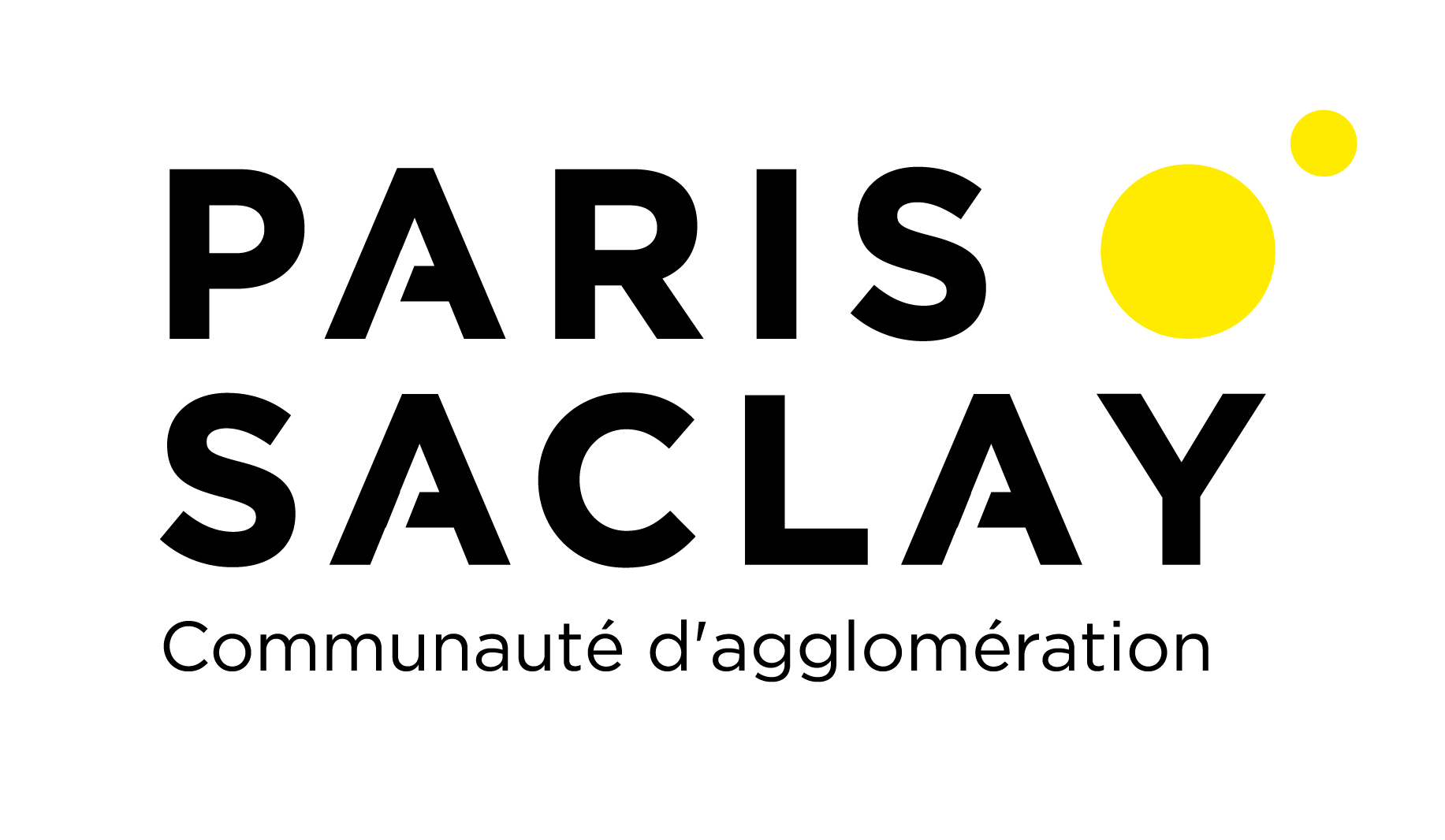
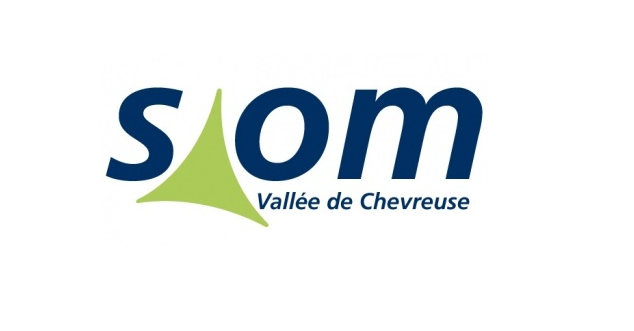
-
Members of the Evaluation and Orientation Committee:
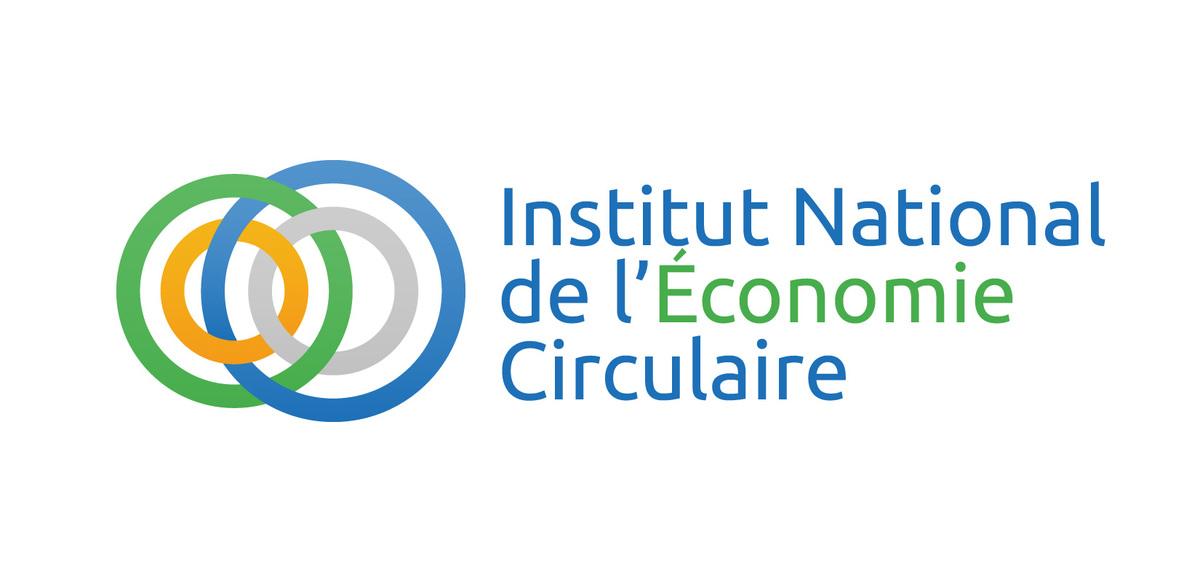
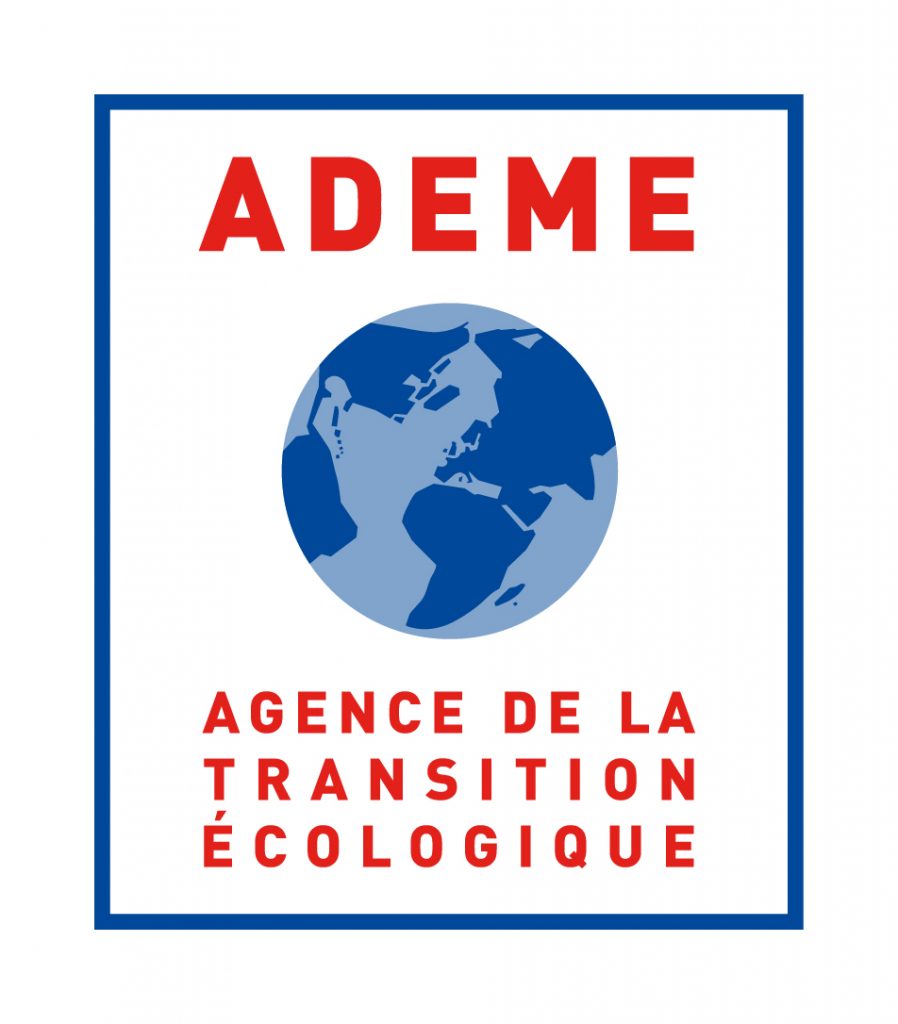

Massive and Heterogeneous Data Processing for Smart Vehicles Chair
Launched by FORVIA and CentraleSupélec, the "Massive and Heterogeneous Data Processing for Smart Vehicles" chair aims to shape the future of smart vehicles.
It aims to develop cutting-edge research programmes focusing on image processing under challenging environmental conditions, sensor fusion and deep learning.
As the world's seventh-largest automotive supplier, FORVIA seeks to leverage its expertise and research activities on data fusion and image processing to improve road safety.
This Chair will take the next step in shaping the future of artificial intelligence in the automotive industry to develop breakthrough solutions and enhance safe and digital mobility. It will conduct research in applied artificial intelligence, focusing on fundamental and applied mathematical aspects of control theory, signal and image processing, information theory and communications.
- Chair holder: Gilles Chardon, Laboratory of Signals and Systems (L2S)
- Partner: Forvia

Photonics Chair
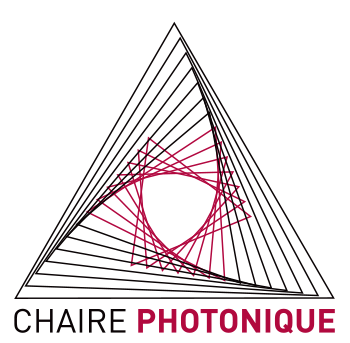
Aware that the exploitation of light is both a societal issue and a vector of economic development, CentraleSupélec has promoted the creation of the Photonics Chair on its Metz campus. This Chair is unique in France because of its structuring project, which aims to develop scientific excellence in optical information processing, to develop innovation and technology transfer to companies, and to develop training and education on the importance of light and optical technologies. The Photonics Chair was created on the initiative of CentraleSupélec and its partners.
Understanding and developing photonics also means perceiving the importance that artists, writers and philosophers have given to light, and better understanding the central place it occupies at the frontier of several scientific disciplines such as mathematics, physics, biology or chemistry. Photonics is also widely present among the key technological challenges that will be faced by our society in the next ten years.
Understanding and developing photonics also means perceiving the importance that artists, writers and philosophers have given to light, and better understanding the central place it occupies at the frontier of several scientific disciplines such as mathematics, physics, biology or chemistry. Photonics is also widely present among the key technological challenges that will be faced by our society in the next ten years.
- Dedicated website
- Chair holder: Marc Sciamanna
- Partners: GDI Simulation, European Union, Grand Reims, Moselle Department, Grand Est Region, Metz Métropole, CentraleSupélec Foundation


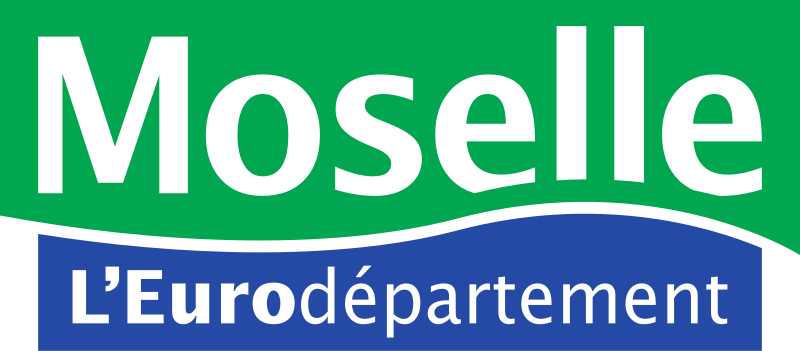
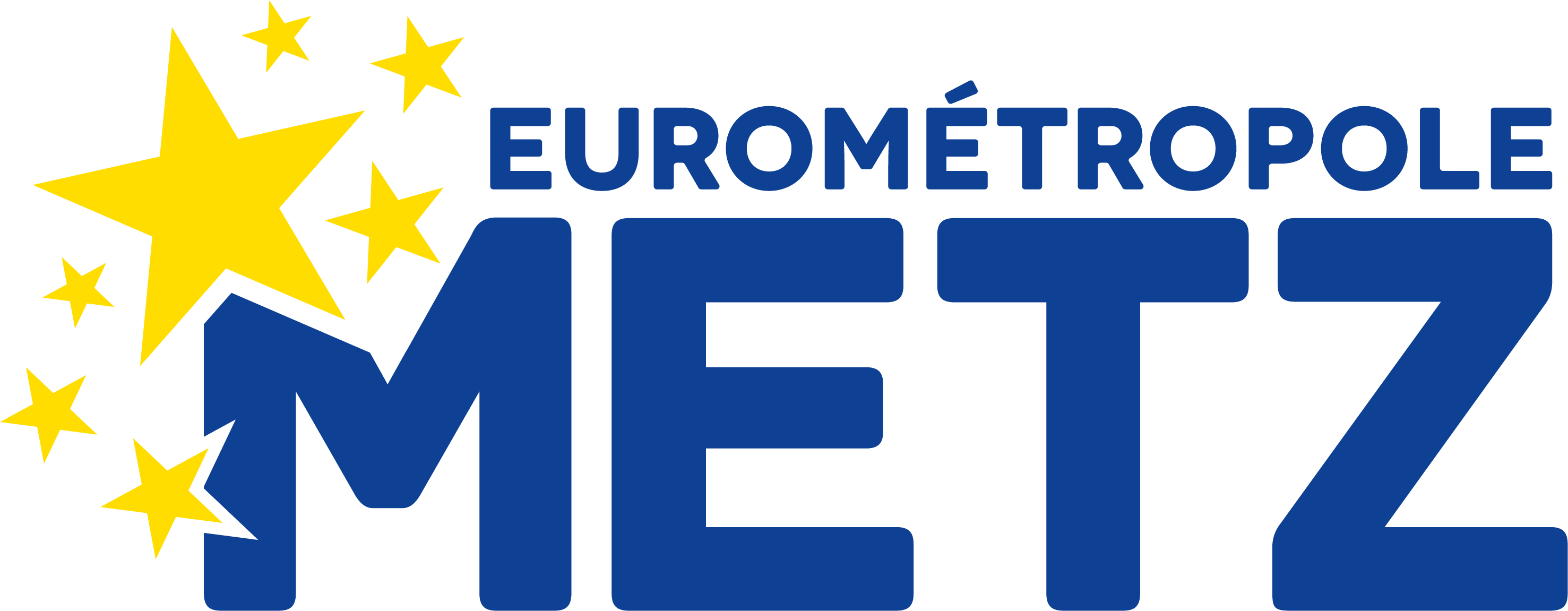

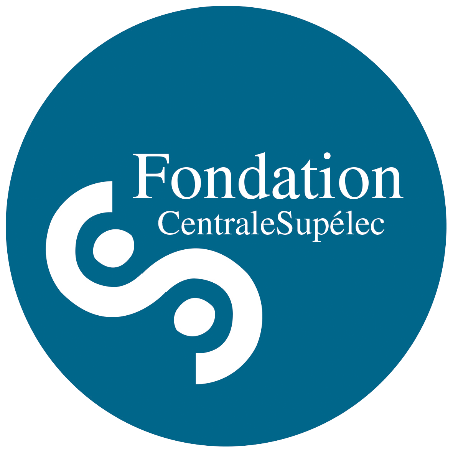
Risk and Resilience of Complex Systems Chair
The Chair aims to advance, through research, the discipline of modeling complex systems, analyzing the risks to which they are subjected, and optimizing their resilience, with a dual objective of scientific excellence and transfer.
A complex system cannot be thought of in isolation without considering its environment and the other - often complex - systems with which it interacts. We then speak of systems of systems. In the context of the RRSC Chair, a complex system corresponds to a company, an operator, or an industrial partner. A system of systems is a complex system that involves several operators or industrial partners.
- Chairholder: Anne BARROS (LGI laboratory)
- Partners: EDF, SNCF, ORANGE, NATRAN, RTE, INSTITUT DE FRANCE-ACADEMIE DES SCIENCES,
- With the support of Fondation CentraleSupélec
- Website






RTE Chair
RTE and CentraleSupélec have signed a new 5-year academic partnership. This "Digital Transformation of Electrical Networks Chair" aims to study the potential of digital technologies for managing electrical systems.
For several years now, RTE has been studying the potential of digital technologies for power system management. Building on its close scientific and educational relationship with CentraleSupélec, RTE wanted to strengthen this collaboration and establish this new long-term partnership in order to accelerate its innovation processes and benefit from the scientific expertise of leading research teams with whom to interact in the field of engineering sciences.
It is in this context that a five-year research chair has been signed. The development of digital technologies represents a formidable lever that transforms the management, development, and operation of the electrical system. The integration of these technologies into the electricity transmission network will enable RTE to make the most of existing infrastructures and to propose new ways of carrying out its missions in the context of the energy transition.
The design of the communication network that will be deployed to observe and control the electricity transmission network will require multidisciplinary challenges specific to energy networks. This Chair will involve several CentraleSupélec laboratories and teams recognized in France and internationally and will focus on four key disciplines: Communications, Computer Science, Control and Decision, and Electrical Engineering.
Through its curricula and laboratories, CentraleSupélec has been one of the leading players in developing this vision, which has become essential today: the convergence of the fields of Energy and Communications. Thanks to an active support policy, RTE is creating a stable environment of partners and experts whose complementary skills enable the development of new concepts and solutions for a network combining electricity and digital technology.
- Dedicated website
- Chair horlder: Sorin Olaru (L2S laboratory)
- Partner: RTE

SAFARI Chair
SAFARI (Sustainable Aviation Fuel: controlling flAme dynamics and Reducing emIssions)
Sustainable Aviation Fuels (SAF), encompassing fuels synthesized from biomass (biofuels) or zero-carbon electrical sources (electrofuels), offer a short-term solution for decarbonizing the aeronautical sector. Exhibiting main properties similar to conventional jet fuel, using SAF does not require completely redesigning current combustion chambers. However, given the diverse feedstock required to meet energy demands, SAF compositions may vary considerably. Recent studies indicate that these variations affect combustion chamber performance, influencing operability and emissions. Aeronautical engineers are also faced with the challenge of burning SAF under lean combustion regimes to minimize the production of pollutants. However, lean combustion can promote flame blowout and instability, requiring effective solutions for enhancing flame stabilization.
The SAFARI project aims to gain fundamental insights into SAF combustion's multi-physic phenomena and develop numerical tools for designing future combustion chambers. In particular, the main objectives are:
- To understand the effects of pressure, heat transfer, and fuel composition variability on flame dynamics and pollutant emissions, such as NOx and soot particles,
- to generate a detailed experimental database to validate turbulent combustion models,
- develop and validate an advanced CFD modeling strategy,
- test the relevance of plasma-assisted combustion for improving flame stabilization and preventing combustion instabilities in lean regimes.
Chair holder: Benoît Fiorina (laboratoire EM2C)
Parters: SAFRAN (Safran Tech, Safran Aircraft Engine and Safran Helicopter Engine)


Supply Chain Management Chair
Three research axes have been identified by the partners of the Supply Chain Chair. They are in line with the work that has been carried out since the creation of the chair in 2008.
- Flexibility management
The current industrial world is characterized by an increasing level of uncertainty with more and more personalized customer expectations and the increasingly rapid change of markets.
To face these uncertainties, it is necessary, on the one hand, to reduce their amplitudes, using efficient forecasting methods and processes, and on the other hand to implement flexibility in order to face the residual uncertainties.
- Environmental impact of the Supply Chain and sustainable development
Sustainable development has become a significant concern for public authorities and consumers.
- Performance measurement and animation
This theme is interesting in the systems of measurement and animation of the performance of the Supply Chain of industrial or distribution companies. It covers two interdependent sub-themes:
- The problem of the measurement of the performance: specification of the system of performance indicators allowing to evaluate effectively and globally the various activities and processes of the Supply Chain,
- The problem of the animation of the performance: specification of the processes of animation of performance, the implied actors and their respective roles, allowing from the system of indicators set up to pilot the activities and the processes of the Supply Chain to know their level of performance and to identify the levers of improvement of these performances and the associated stakes.
Chair holder: Evren Sahin (LGI laboratory)
Partners : L'Oréal, Safran and Sefpro



Sustainable 6G Chair

The 'Sustainable 6G' Chair is based on the scientific expertise of L2S, which combines the fundamental and applied mathematical aspects of control theory, information theory and communications. This thematic diversity will enable ambitious research work to be carried out on all the layers, in order to :
- Define a smart grid orchestration framework, combining distributed and centralised mechanisms, for a resilient, low-energy grid that is dynamically optimised on different timescales according to society's needs and operational constraints;
- Establish paradigms for the allocation of highly distributed resources, including communications, computing and energy;
- Develop cutting-edge technologies for the design of the physical layer: flexible, highly efficient in terms of spectrum, with low energy consumption.
Chair holder: Salah-Eddine El Ayoubi from L2S
Partners: Orange, Université Paris-Saclay, CNRS, Fondation CentraleSupélec

